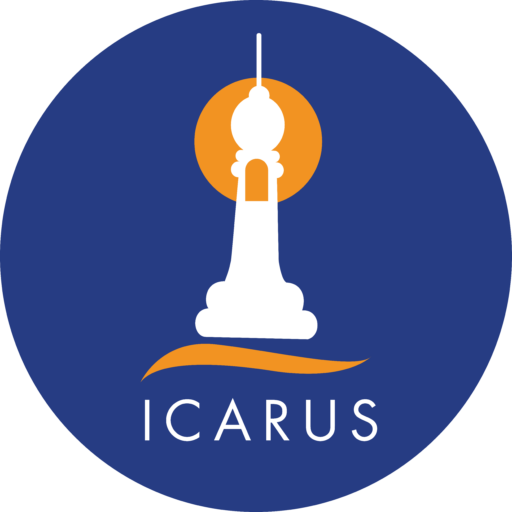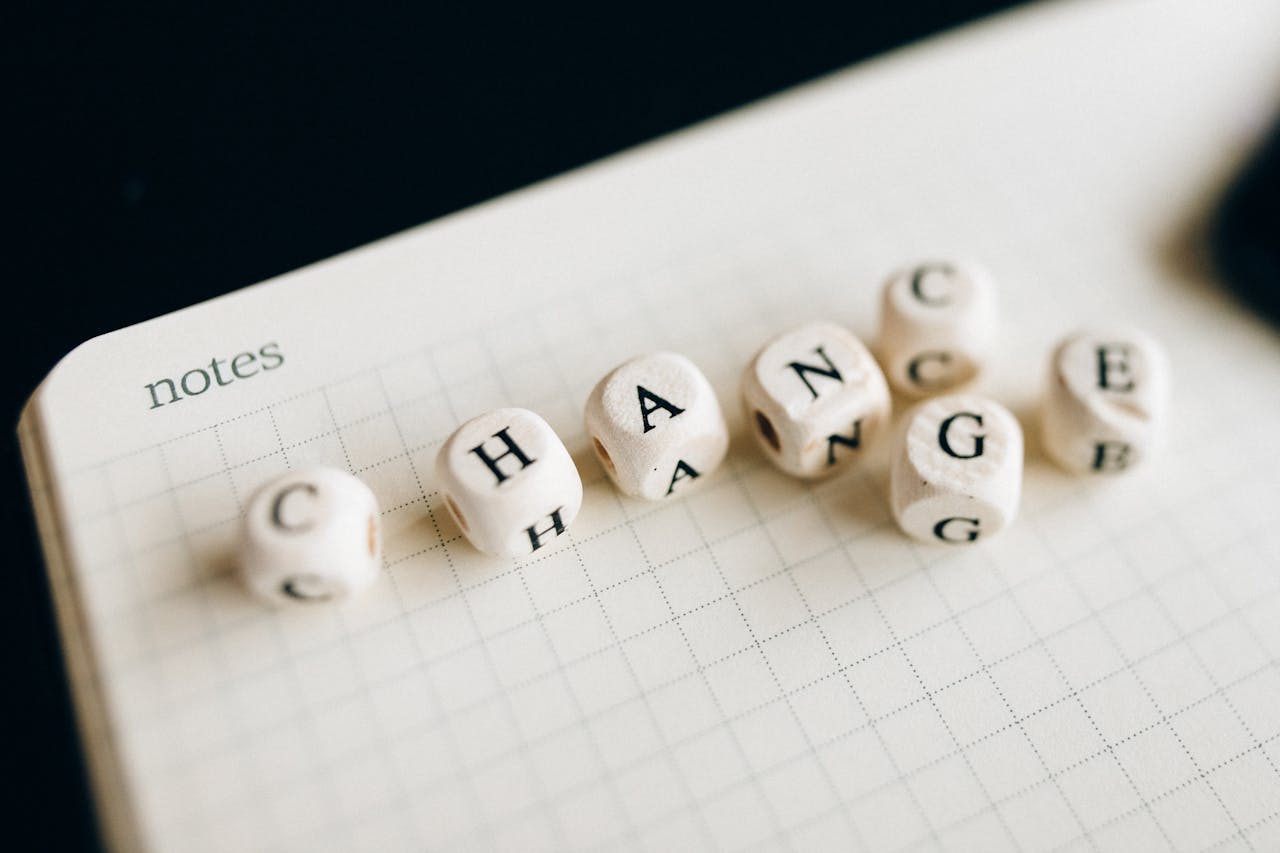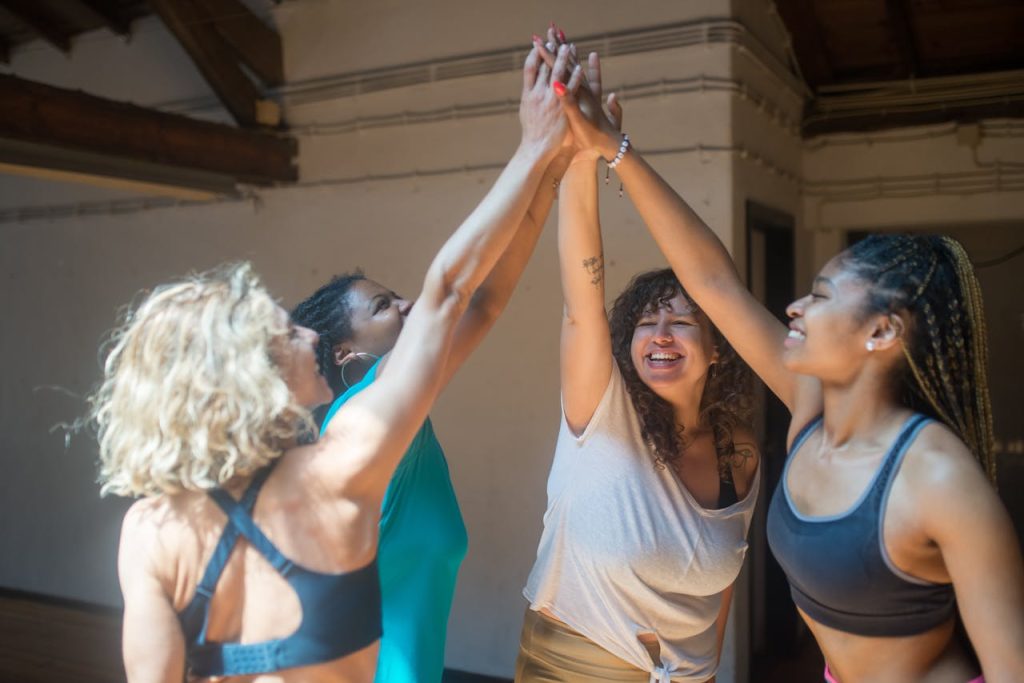In contemporary pedagogical discourse, the role of the educator in re-educational contexts represents a crucial theoretical and practical issue. Education in prison, in particular, cannot be understood as a mere transmission of knowledge or functional skills for reintegration, but rather as a profound relational practice in which educator and participant co-construct meaning. From this perspective, the educator is not only an agent of change but also a subject undergoing transformation.
Critical pedagogy has long highlighted the bidirectional nature of the educational relationship. Paulo Freire (1970), in his dialogical model, rejects the “banking” concept of education—where the educator “deposits” content into the learner—and instead proposes a pedagogy of questioning, of doubt, and of mutual transformation. In prison, where the detainee’s identity is often reduced to a stigmatizing label, the encounter with an educator who engages in authentic listening can be a potentially transformative event, capable of reigniting processes of subjectivation.
At the same time, the educational process acts upon the educator as well. As Schön (1983) suggests, the reflective practitioner is one who learns in and from their own action. In prison settings, the educator must constantly confront ambiguous, emotionally intense, and often unforeseen situations. This confrontation generates a pedagogical tension that, if consciously managed, becomes a source of transformative learning for the educator as well.
The educator in prison moves within a liminal space: on the one hand, a bearer of rules; on the other, a vessel of listening. They represent the institution, yet also the possibility of an alternative. This intermediate position requires relational, emotional, and metareflective competencies that go beyond technical training. Nussbaum (2010) speaks of the need to educate “people capable of critical thought, of transcending tradition, and of imagining the lives of others.” In prison, this act of imagining becomes a concrete condition for entering into relationship with fractured biographies and identities under reconstruction.
Moreover, the dynamic of reciprocity can become a powerful driver of the educational process. Rogers (1961) emphasized that authentic helping relationships involve a deep availability for encounter, grounded in empathy, congruence, and unconditional positive regard. In a context where individuals are often excluded, judged, or silenced, experiencing an authentic educational relationship can have regenerative effects. But this can only occur if the educator is willing to be touched by the other’s experience—to learn in turn.
It is within this dynamic that the educator ceases to be “the one who knows” and becomes someone who learns while accompanying. The educator’s learning is nourished by unpredictability, otherness, and critical reflection on their own role. Even error—both their own and that of learners—takes on pedagogical value: it becomes an opportunity to deconstruct automatisms, question entrenched practices, and reframe educational objectives.
In this sense, prison can become a site of living pedagogical inquiry, where the educator is simultaneously facilitator, witness, and learning subject. Such a role, however, requires ongoing professional development, inner work, and shared spaces for reflective practice. Without these elements, there is a risk of bureaucratic drift—or worse, a chronic detachment between educator and learners.
Ultimately, educational work in prison also challenges the very concept of education. It forces a rethinking of what we mean by success, evaluation, and impact. In contexts where results are often invisible or delayed, the educator must learn to value submerged processes, micro-changes, and gestures of trust that defy indifference. It is in this invisible, daily, reflective work that the educator is shaped—and transformed.
References
- Freire, P. (1970). Pedagogy of the Oppressed. Herder and Herder.
- Nussbaum, M. C. (2010). Not for Profit: Why Democracy Needs the Humanities. Princeton University Press.
- Rogers, C. R. (1961). On Becoming a Person: A Therapist’s View of Psychotherapy. Houghton Mifflin.
- Schön, D. A. (1983). The Reflective Practitioner: How Professionals Think in Action. Basic Books.
Authored by: SKILL UP








